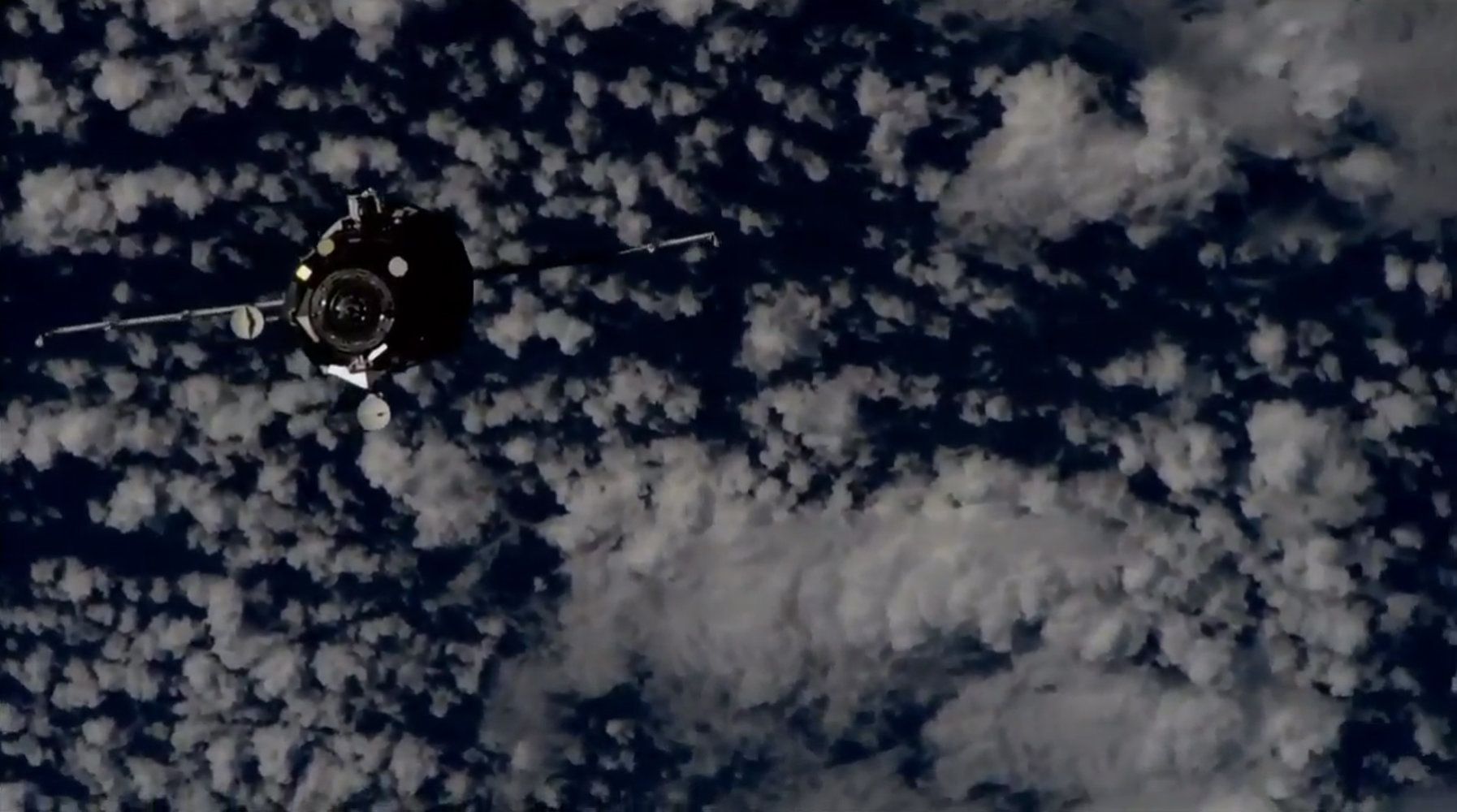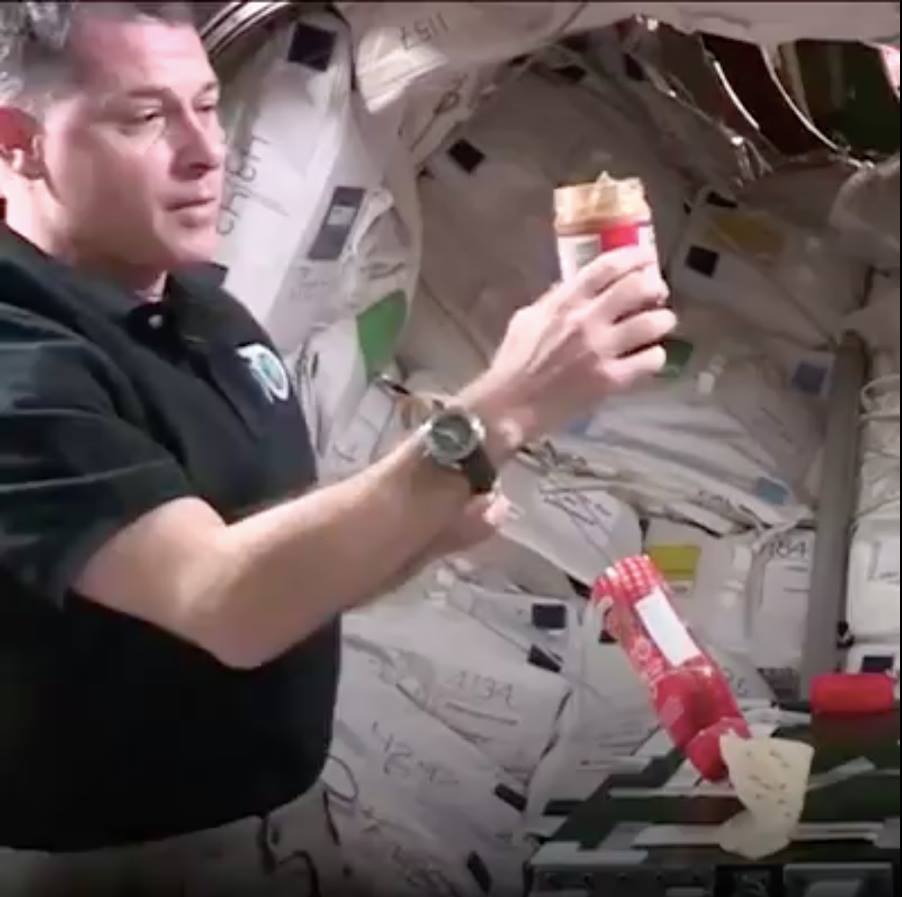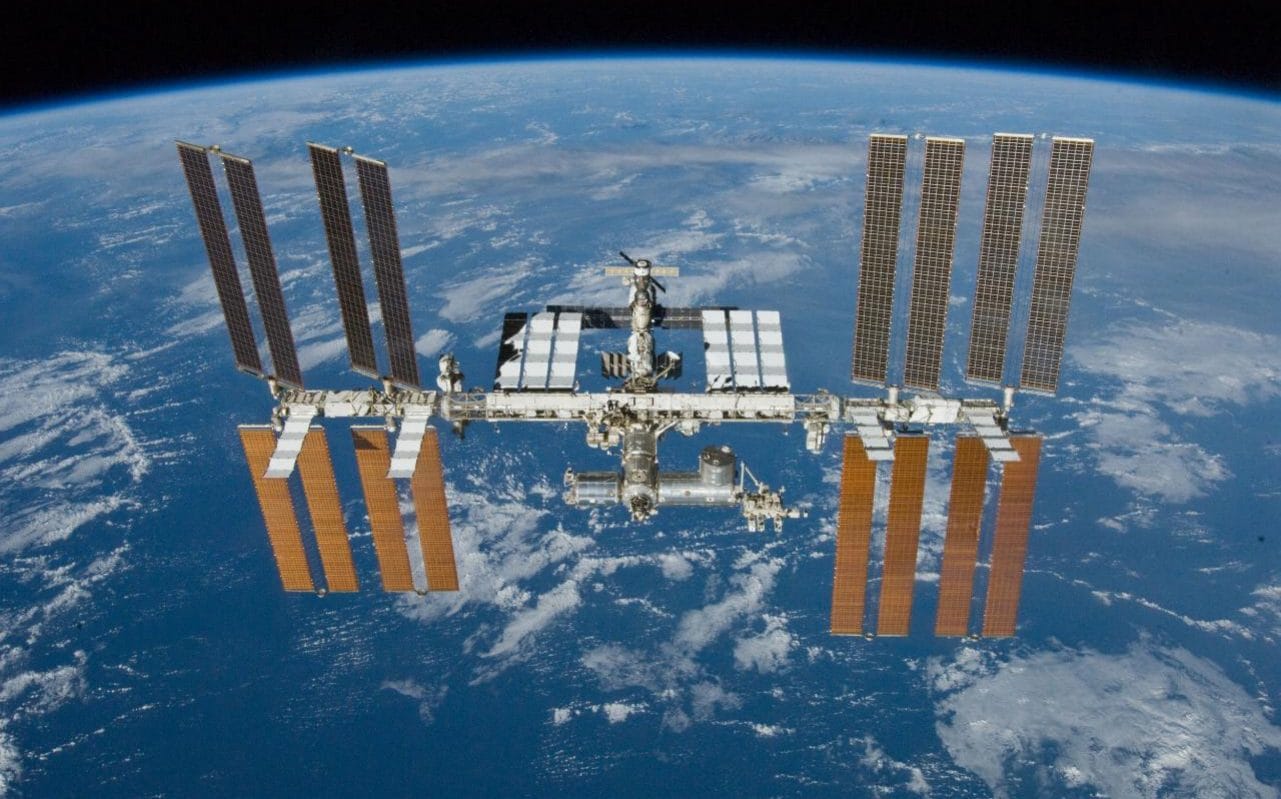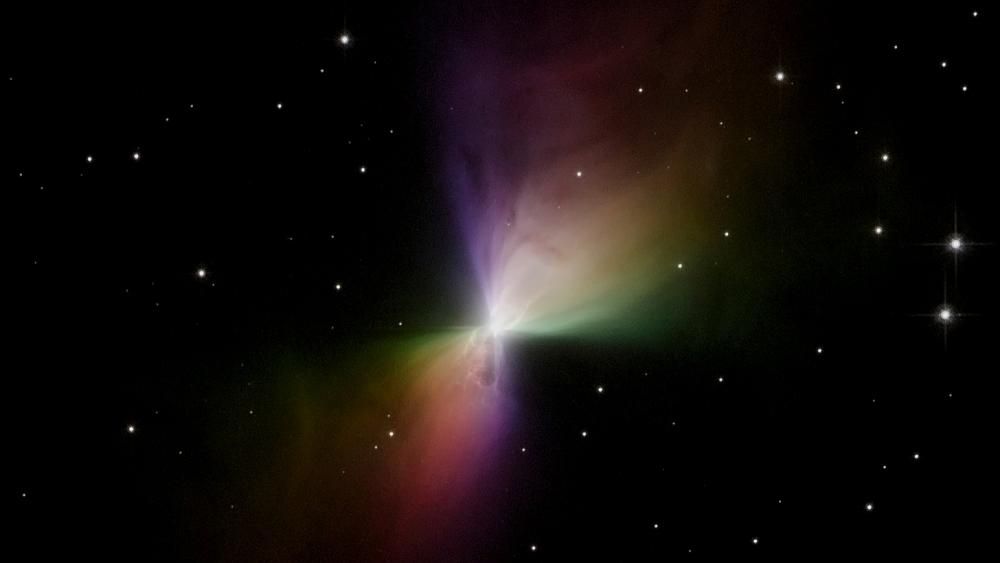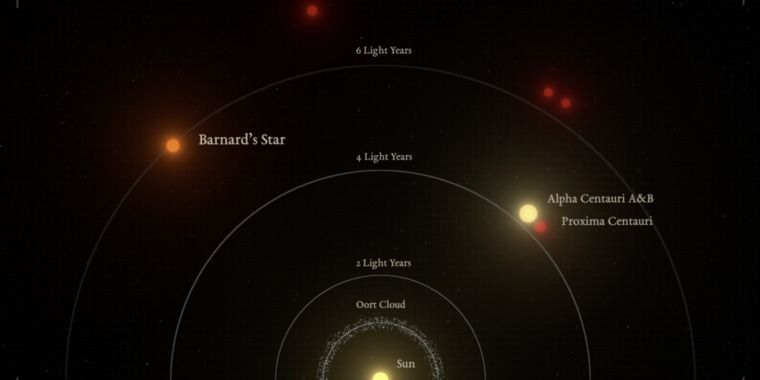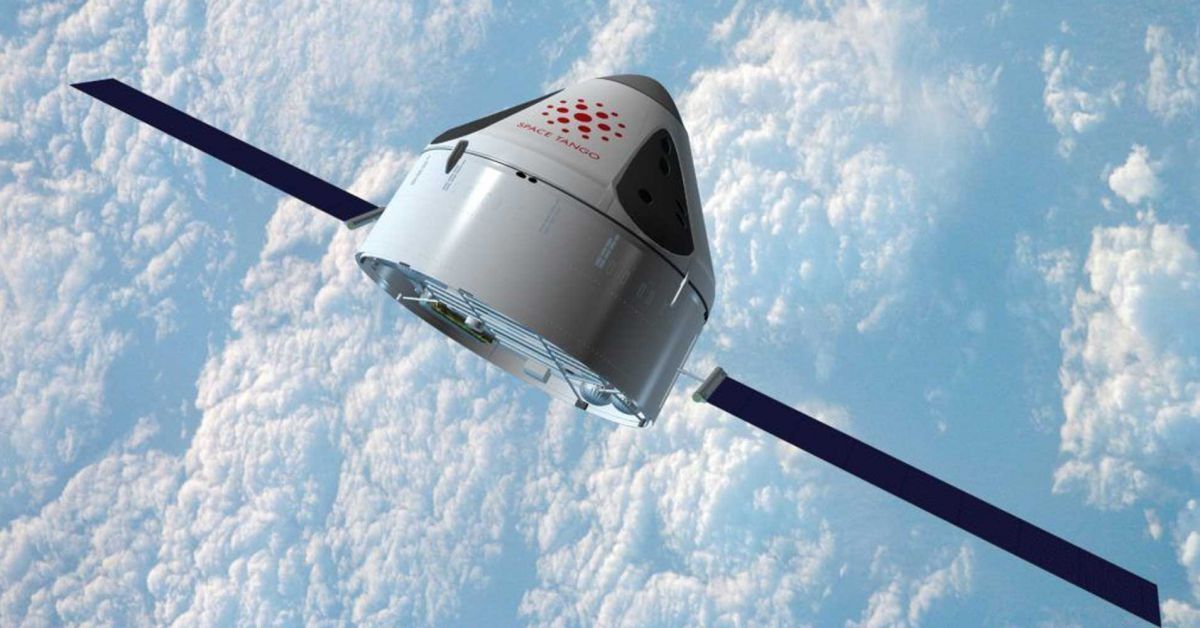Archive for the ‘space’ category: Page 832
Nov 18, 2018
Robotic Russian Cargo Ship Delivers Tons of Supplies to Space Station
Posted by Genevieve Klien in categories: robotics/AI, space, transportation
An uncrewed Russian cargo ship linked up with the International Space Station Sunday (Nov. 18) to deliver nearly 3 tons of supplies for the orbiting lab.
The resupply ship, called Progress 71, docked at the space station at 2:28 p.m. EST (1928 GMT) as both spacecraft sailed 252 miles (405 kilometers) over Algeria. Progress 71 launched into orbit Friday (Nov. 16) from Baikonur Cosmodrome in Kazakhstan.
“A textbook journey for the Progress,” NASA spokesperson Rob Navias said during live commentary. [The Space Station’s Robotic Cargo Ship Fleet in Pictures].
Continue reading “Robotic Russian Cargo Ship Delivers Tons of Supplies to Space Station” »
Nov 18, 2018
Minnesota Researcher Maintains Telescope In Antarctica
Posted by Genevieve Klien in category: space
MINNEAPOLIS (AP) — An astrophysicist from the University of Minnesota who has spent 14 winters in Antarctica tending to a telescope plans to step away from his research after the instrument is replaced.
Minnesota Public Radio reports that the university will begin the replacing the telescope and mount at the Amundsen-Scott South Pole Station this month.
University astrophysicist Robert Schwarz says he’ll stay through the replacement process but doesn’t plan to return. He’s overseen the telescope maintenance, trekking out in temperatures as low as minus 100 degrees Fahrenheit to check on the instrument.
Continue reading “Minnesota Researcher Maintains Telescope In Antarctica” »
Nov 17, 2018
How blasting worms into space could help slow down the ageing process
Posted by Genevieve Klien in categories: biotech/medical, government, life extension, space
A tiny transparent worm could be the key to finding out how to stop the frailty and ill health which often comes with old age.
British scientists are sending tens of thousands of worms into space in a government backed project to see if two drugs can prevent or slow down muscle wasting brought on by microgravity.
In space, the 1mm long c-elegans worms have nothing to push against to maintain their muscle mass and so quickly start losing strength, mirroring the effect experienced by elderly people back on Earth or those with conditions like muscular dystrophy.
Continue reading “How blasting worms into space could help slow down the ageing process” »
Nov 17, 2018
What is absolute zero?
Posted by Genevieve Klien in categories: particle physics, space
The coldest place beyond Earth is artificial, too. Last summer, astronauts activated an experiment called the Cold Atom Lab aboard the International Space Station. The lab has attained temperatures 30 million times lower than empty space. “I’ve been working on this idea, off and on, for over 20 years,” says Robert Thompson of NASA’s Jet Propulsion Lab, one of the researchers who devised the experiment. “It feels incredible to witness it up and operating.”
What happens when matter gets that cold?
If Thompson sounds excited, it’s because ultra-cold atoms behave in fascinating and potentially useful ways. For one thing, they lose their individual identities, fusing to form a bizarre state of matter called a Bose-Einstein condensate.
This week’s announcement? One of the closest stars to Earth has a super-Earth companion—Barnard’s star is a red dwarf that is only six light years from our Solar System. Only the three stars of the Centauri system are closer.
A large planet appears to be orbiting out near the system’s snow line.
Nov 16, 2018
ICON to Return to Vandenberg AFB for Further Analysis
Posted by Genevieve Klien in category: space
NASA and Northrop Grumman have made the decision to fly the L-1011 Stargazer and Pegasus XL rocket carrying NASA’s Ionospheric Connection Explorer, or ICON, spacecraft back to its integration facility at Vandenberg Air Force Base in California. The ferry flight will take place early next week. Returning to the environmentally-controlled integration facility allows the team to further investigate off-nominal data observed during the Nov. 7 launch attempt.
Once the investigation is complete, a new launch date will be determined. ICON will launch out of Cape Canaveral Air Force Station in Florida. The ICON spacecraft, which uses Northrop Grumman’s LEOStar-2 platform, is monitored at all times and remains healthy.
Nov 16, 2018
Startup Unveils Plan for Autonomous Bots to Build Products in Space
Posted by Michael Lance in categories: robotics/AI, space
It’ll be ready for launch by the mid-2020s.
On-Earth manufacturing isn’t the only kind being automated.

